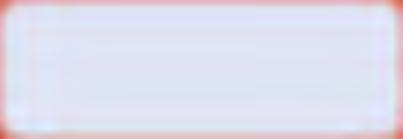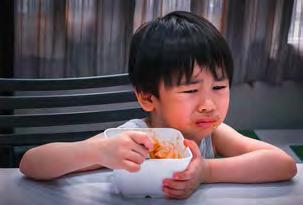
2 minute read
3.1 What a waste
1 What do you know about food waste? Talk about the topic in pairs. Then copy the KWL chart and write what you know in the K column.
✓ Research ✓ Analysis
K I know W I want to know
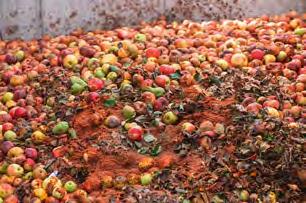
2 3 L I learned What do you want to know? Add your questions to the ‘W’ column on the chart. Read the text. Does it answer your questions about food waste? What a waste! Many of us don’t have to worry about where our next meal will come from, but why do some people still go hungry? The world grows enough food to feed everyone in the world, yet not all the food produced makes it on to people’s plates. A lot of food gets wasted. It is thrown away and ends up in landfi ll. Food takes up more space than anything else on a landfi ll site. We throw away about 30–40% of all the food we grow. We need to throw less away. Farmers should try to grow only what they can harvest. Food should be stored and transported carefully so it does not get damaged. Shops, homes and restaurants should use and buy only what they need. Sample Pages
Throwing away food is not just a waste of money. It is bad for the environment too. The gas made by rotting food is called methane, and it harms our planet. It is a greenhouse gas that traps heat around Earth. It stops it escaping to space. This causes climate change and global warming.
Throwing away food also wastes natural resources. Energy and people are needed to make, store, transport and cook food. It is important to sort out the food waste problem. If food is not needed, it can be reused to reduce the damage to the planet. It could be used as compost or burnt for energy.
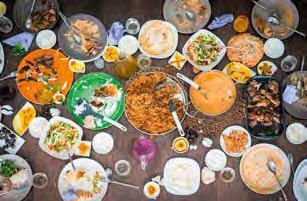
4 Add to your KWL chart. K I know W I want to know
L I learned
We waste food. What happens to food we waste?
30–40% food to landfi ll a Find the information from the ‘L’ column here in the text you have just read. b Look at the questions you wrote for Activity 2. Can you fi nd answers in the text? Write any answers in the ‘L’ column of your chart in note form. Use the note-taking tips to help you. c Record any other information you have learned from the text. d What questions in your chart have not been answered? What did you learn about note-taking today? How good were you at making notes? Give yourself a ranking of 1 to 5, where 5 is the best.
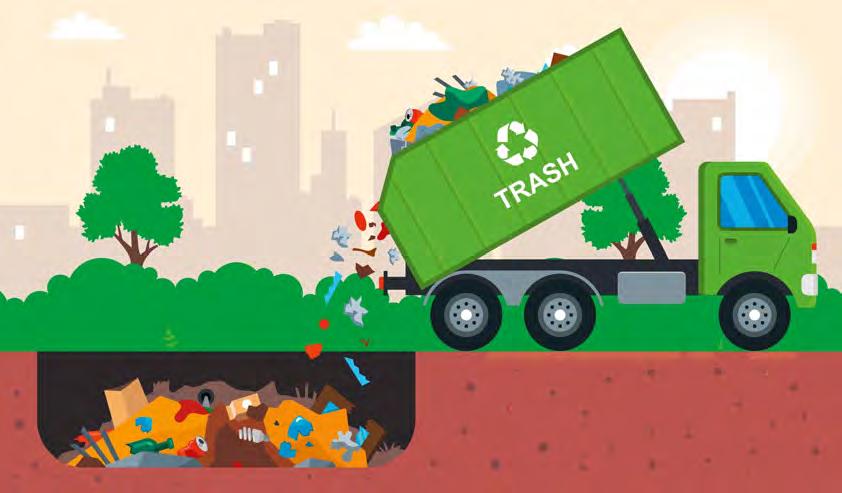
Note-taking tips • Use single words or short phrases. • Do not write complete sentences. • Record important facts. Top tips Waste is usually crushed into small pieces and buried in landfi lls. Landfi lls are ugly and smell bad.Sample Pages • Use your own words, if possible.
Talking point
